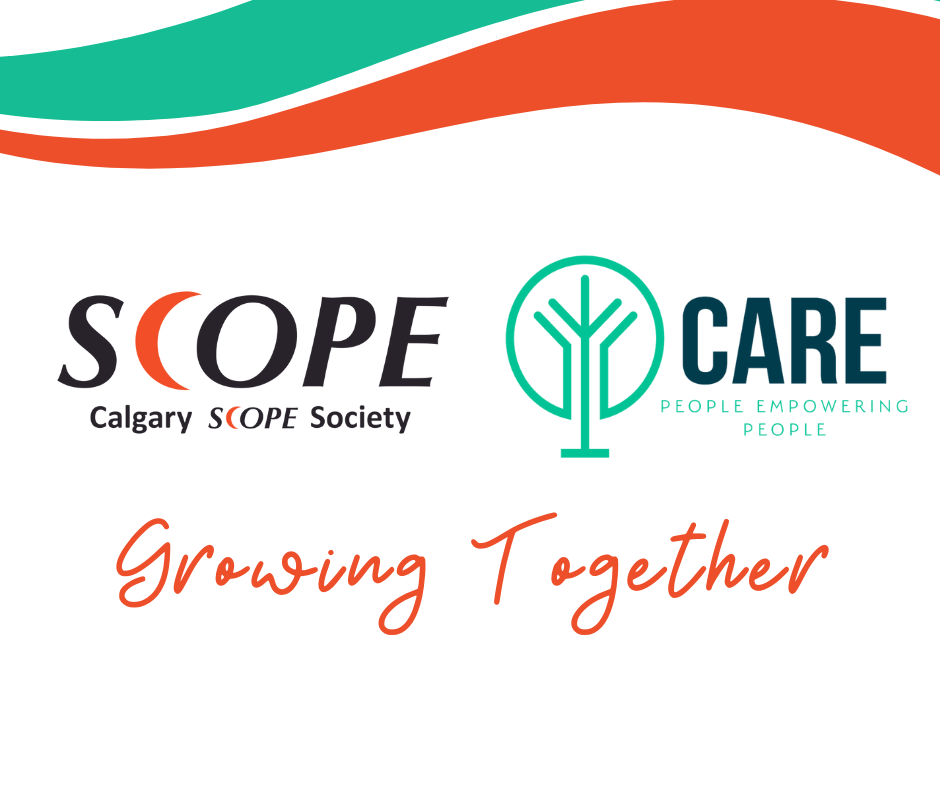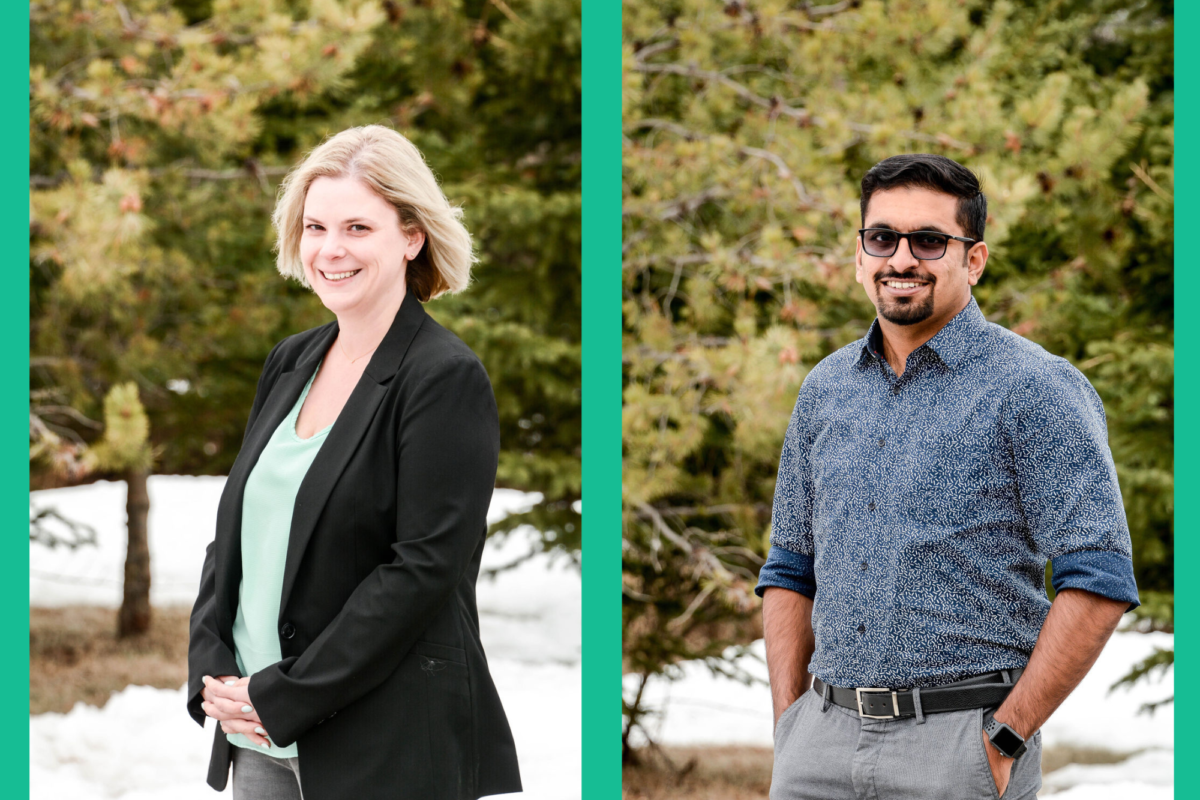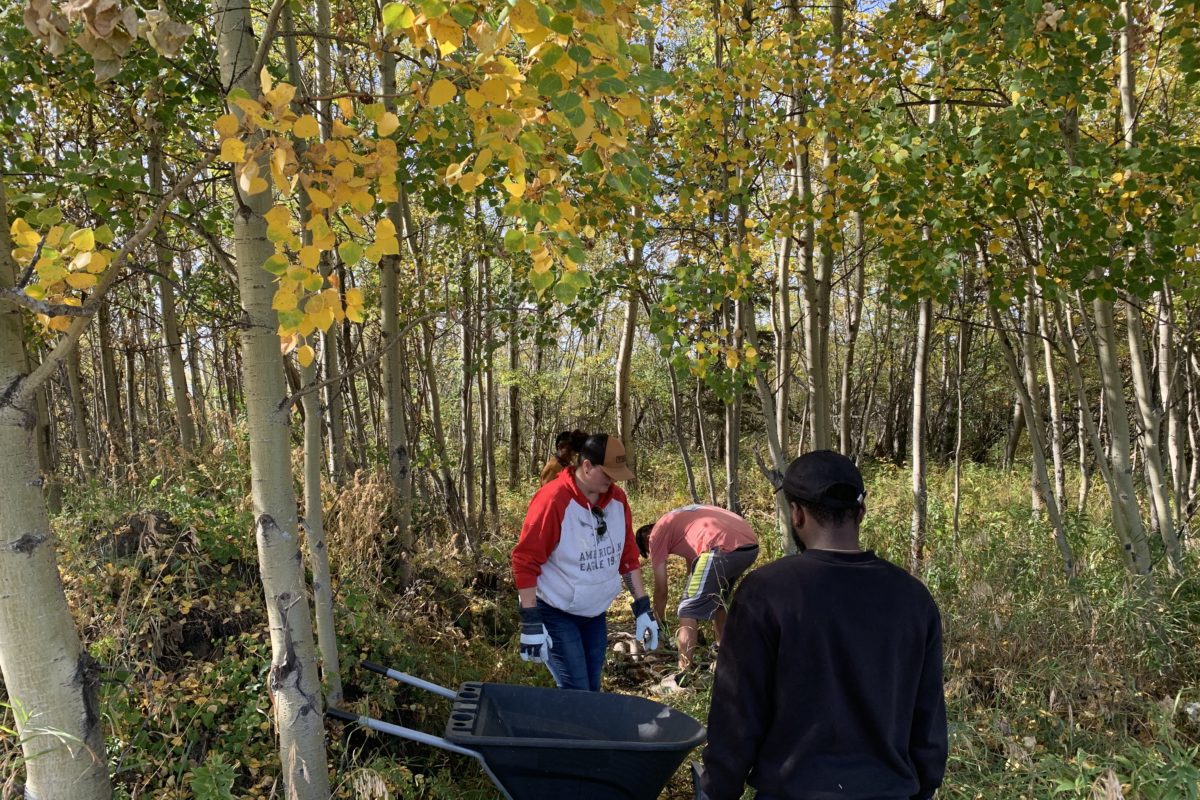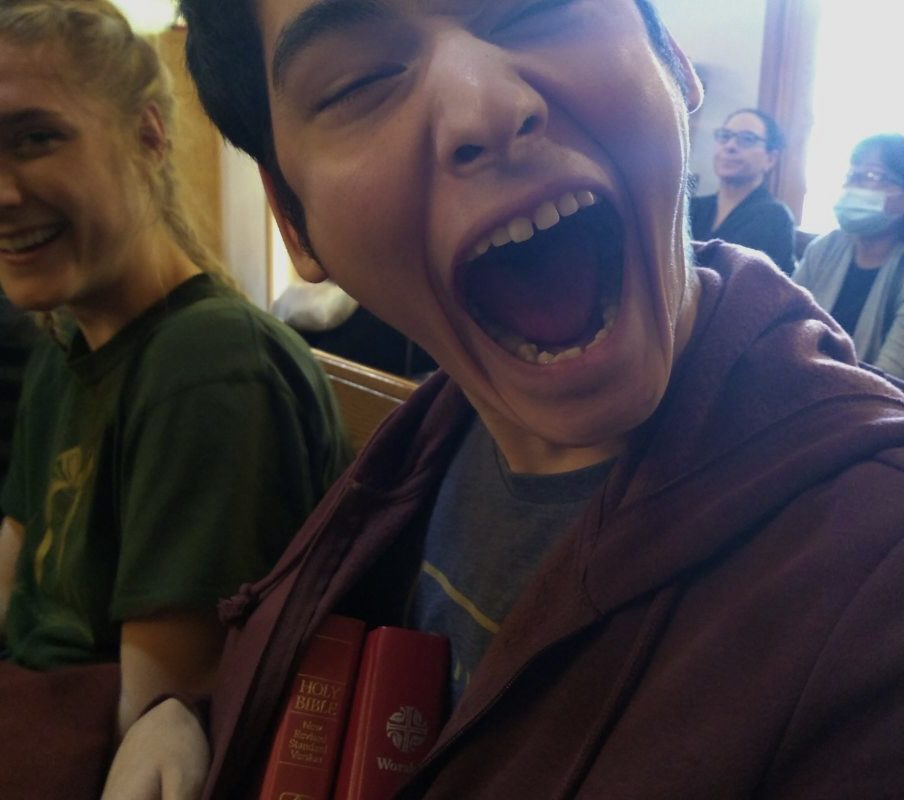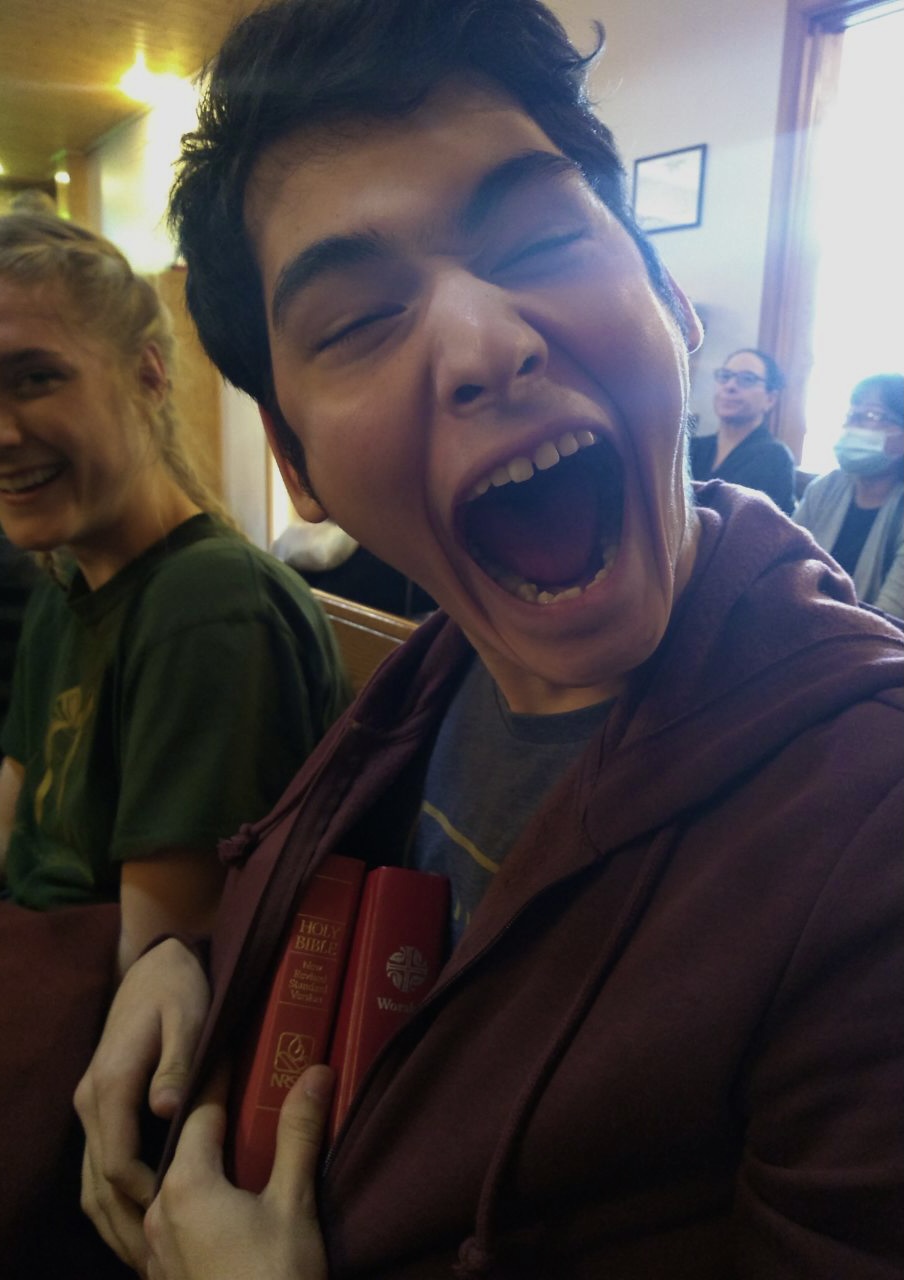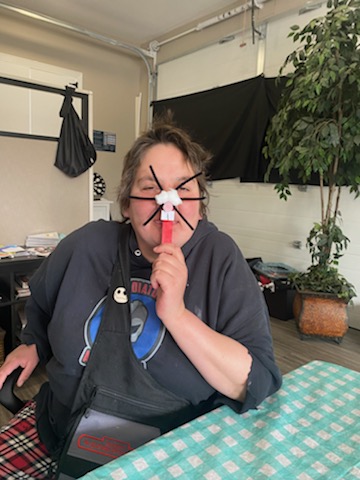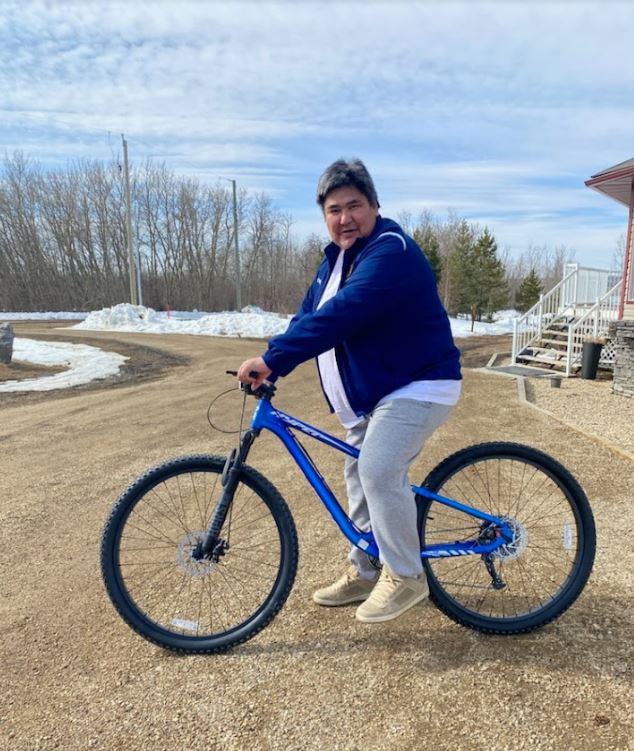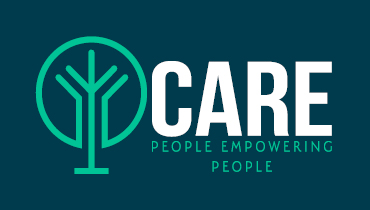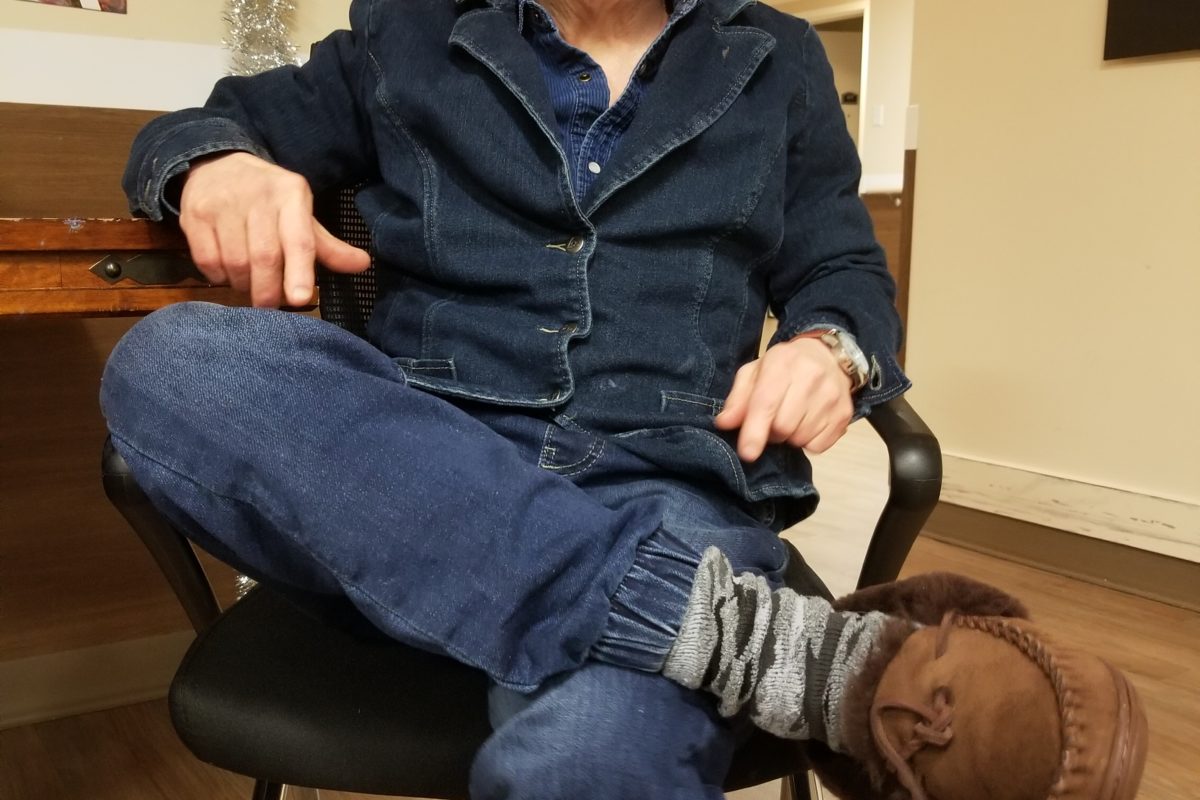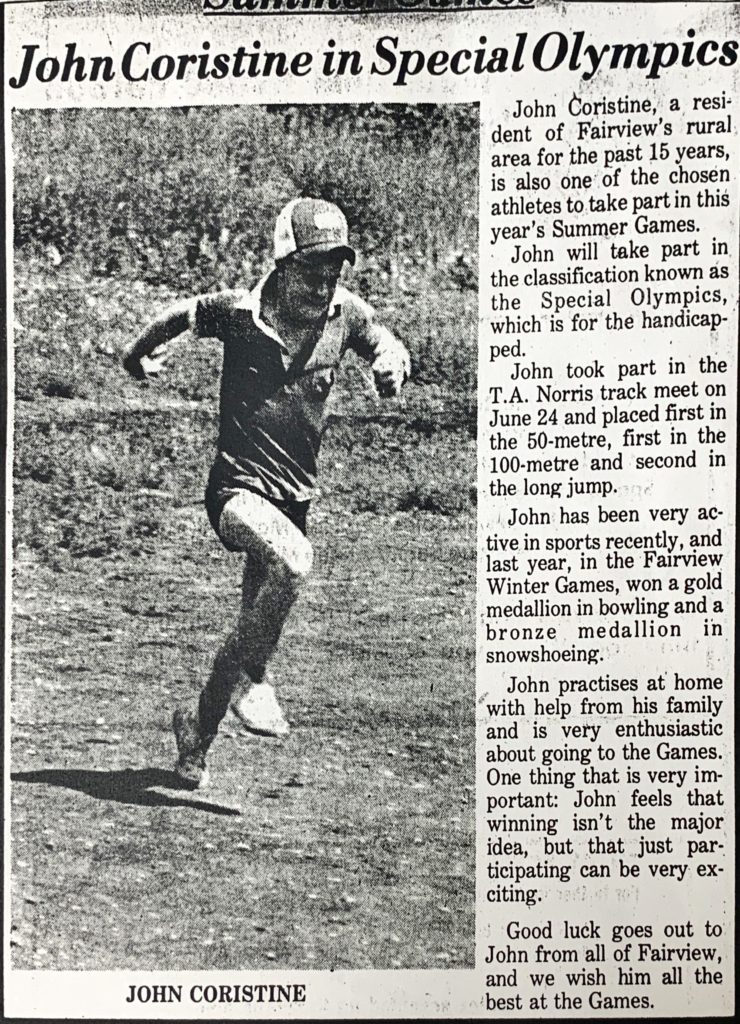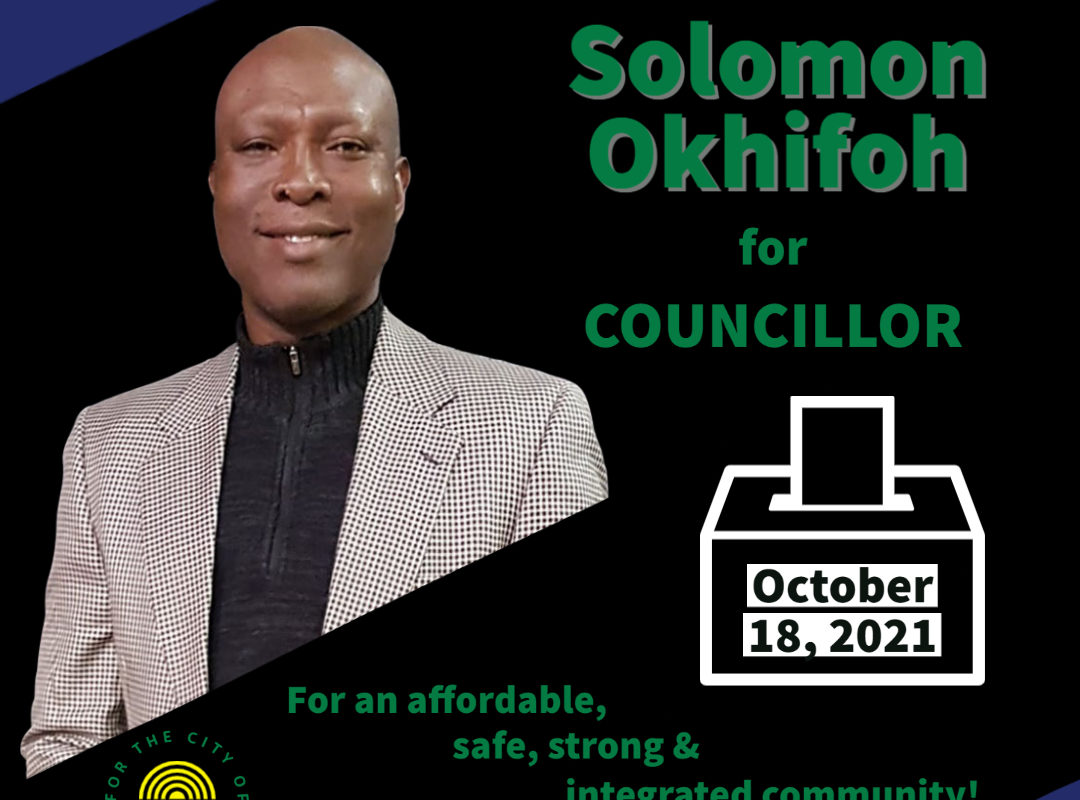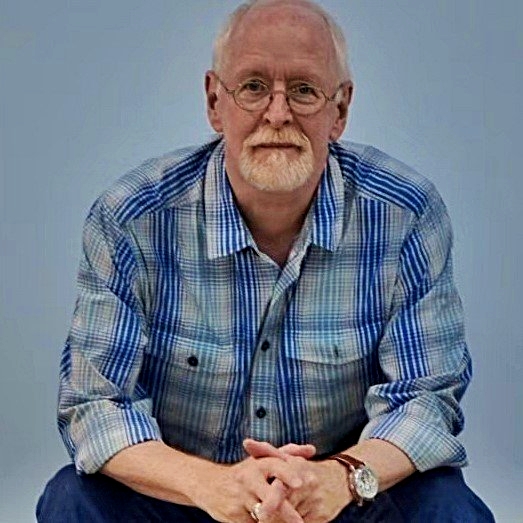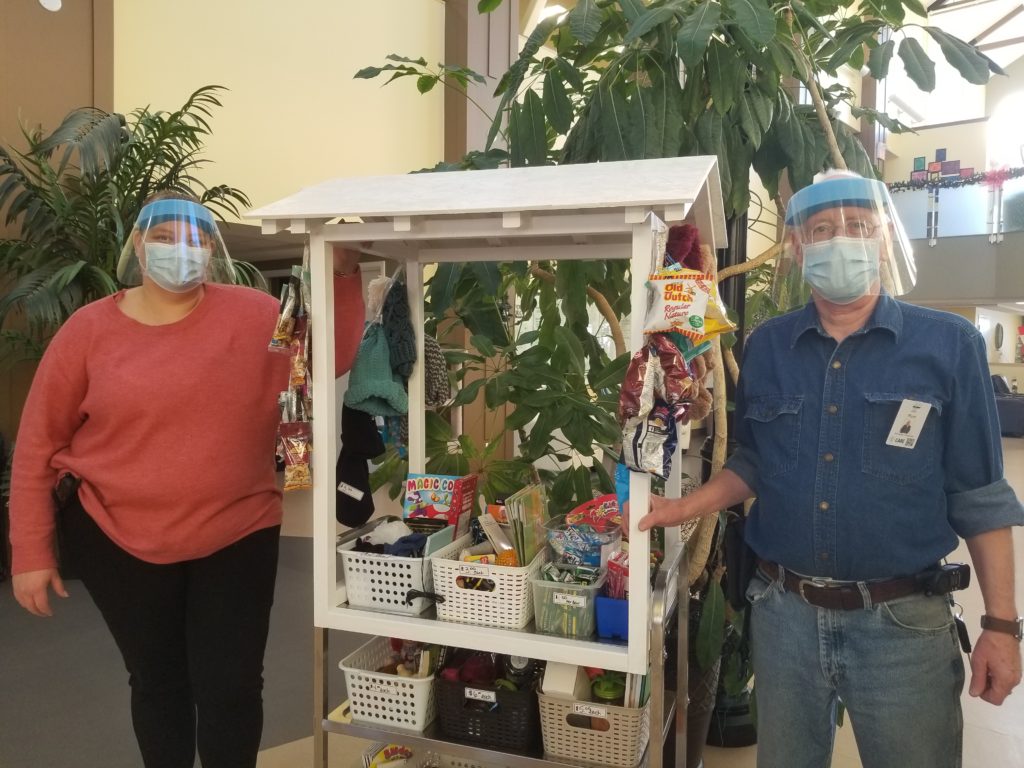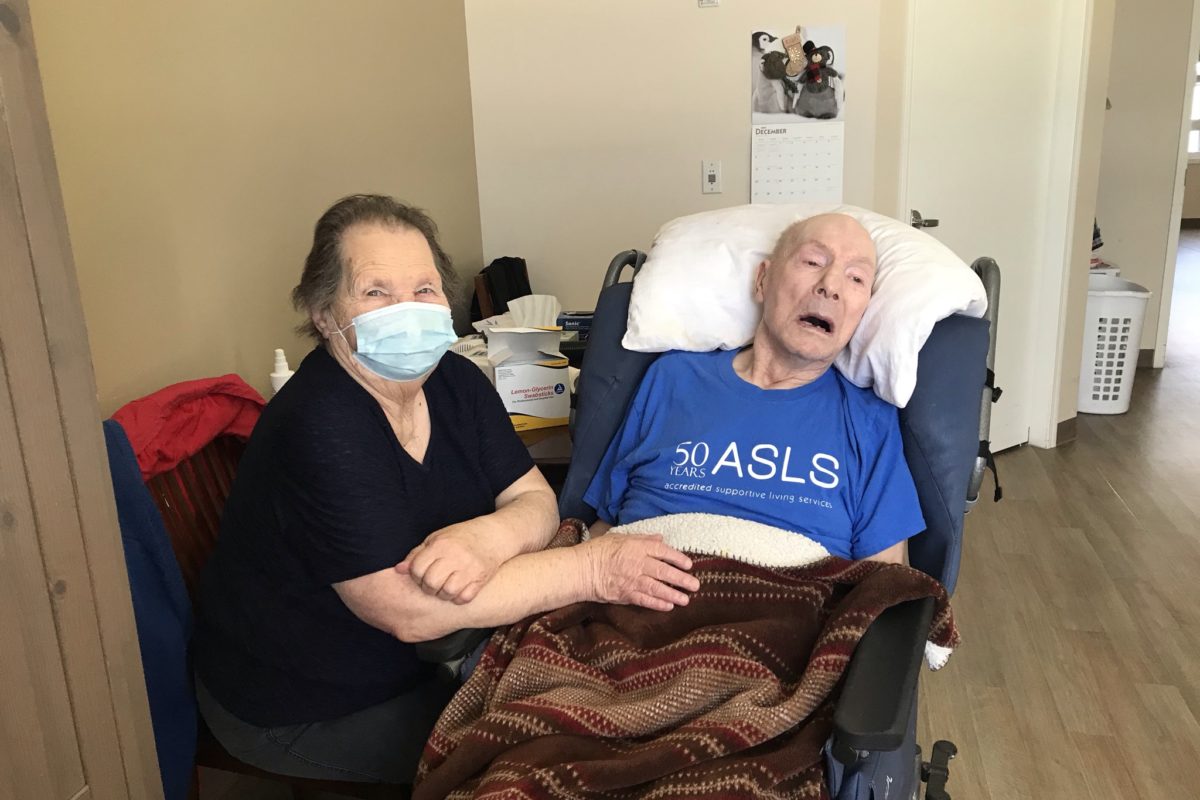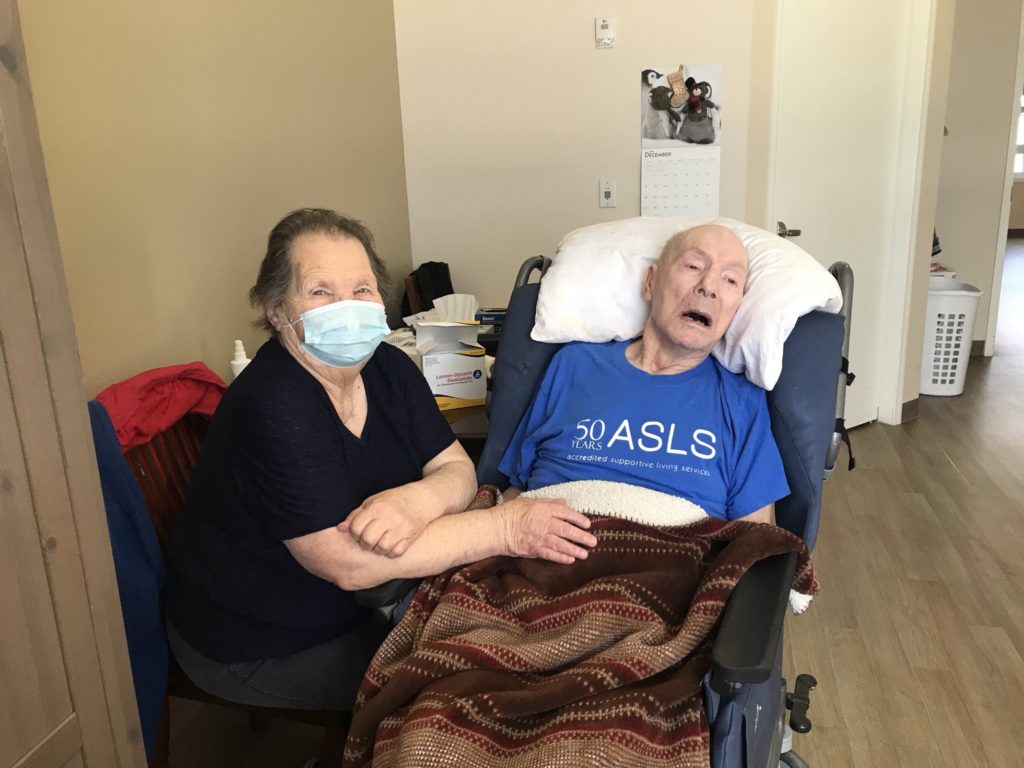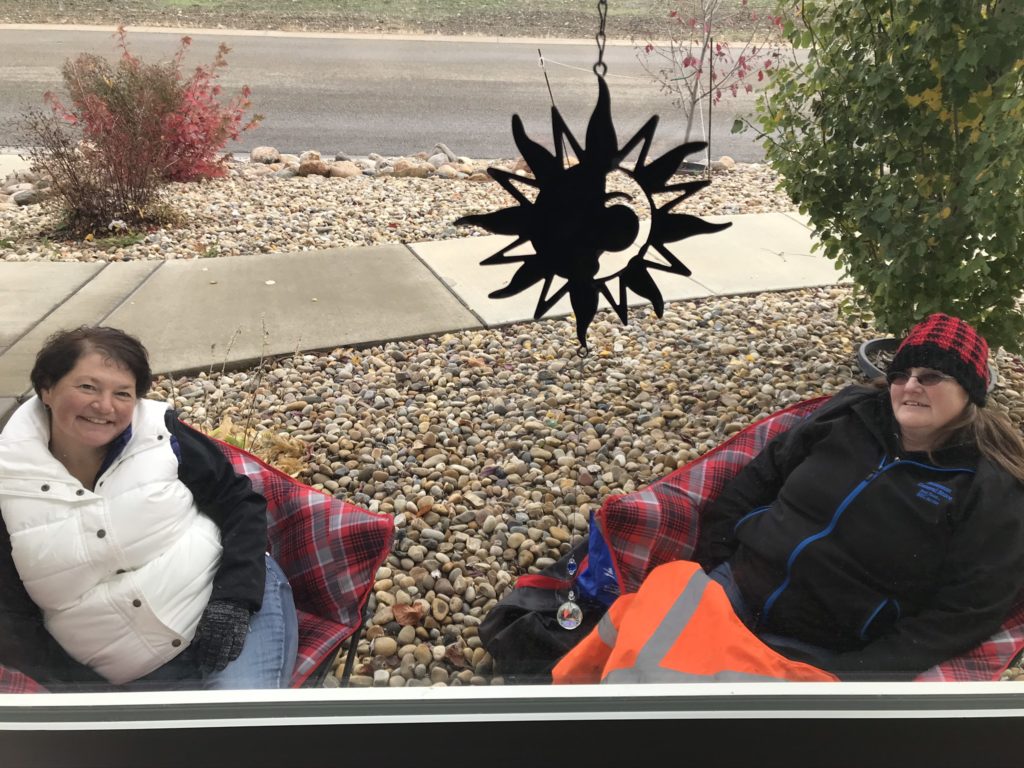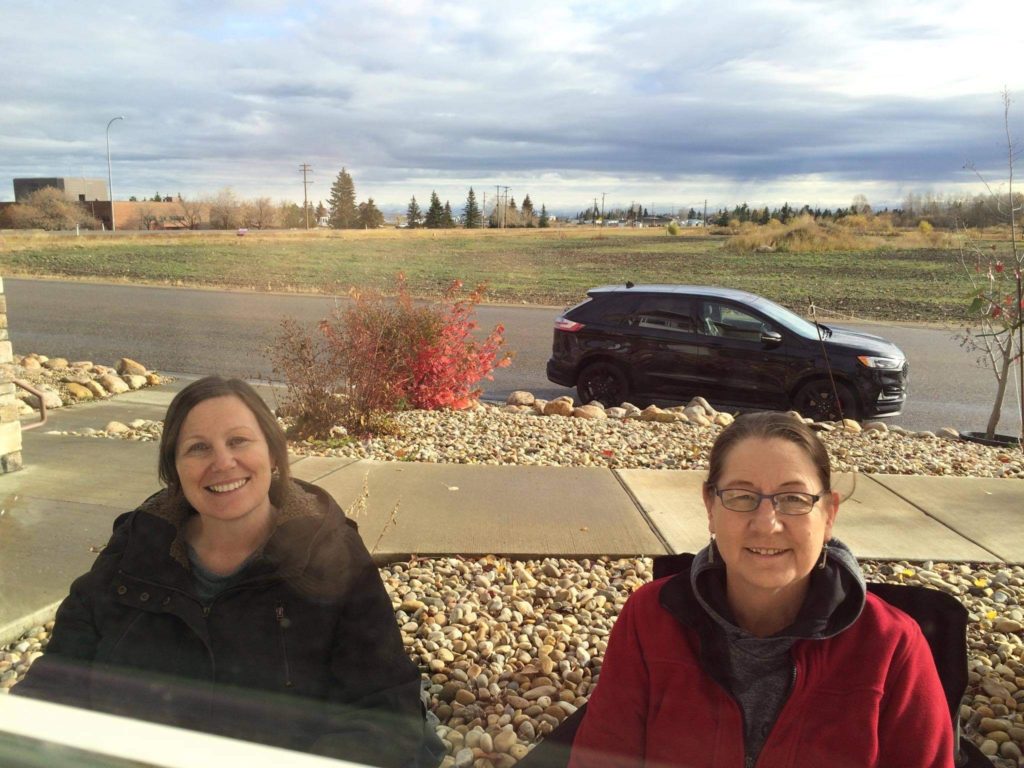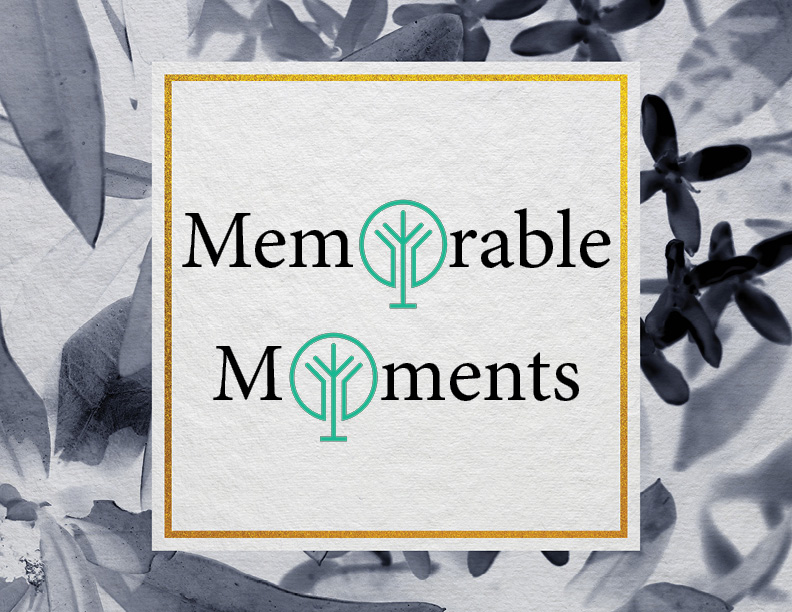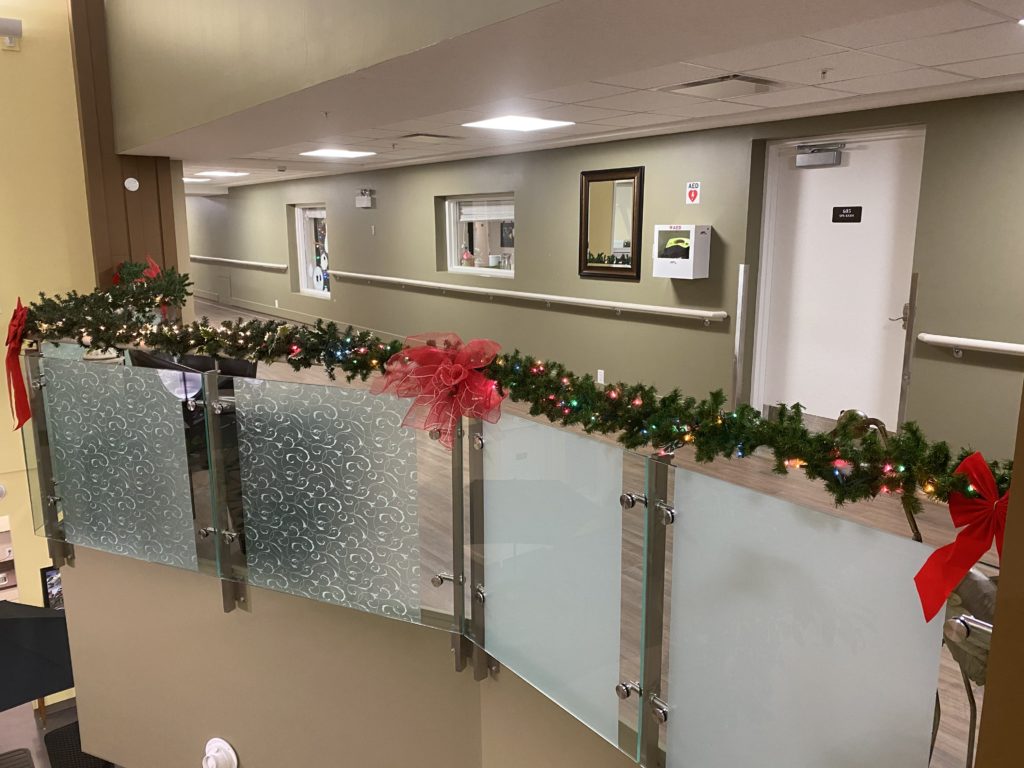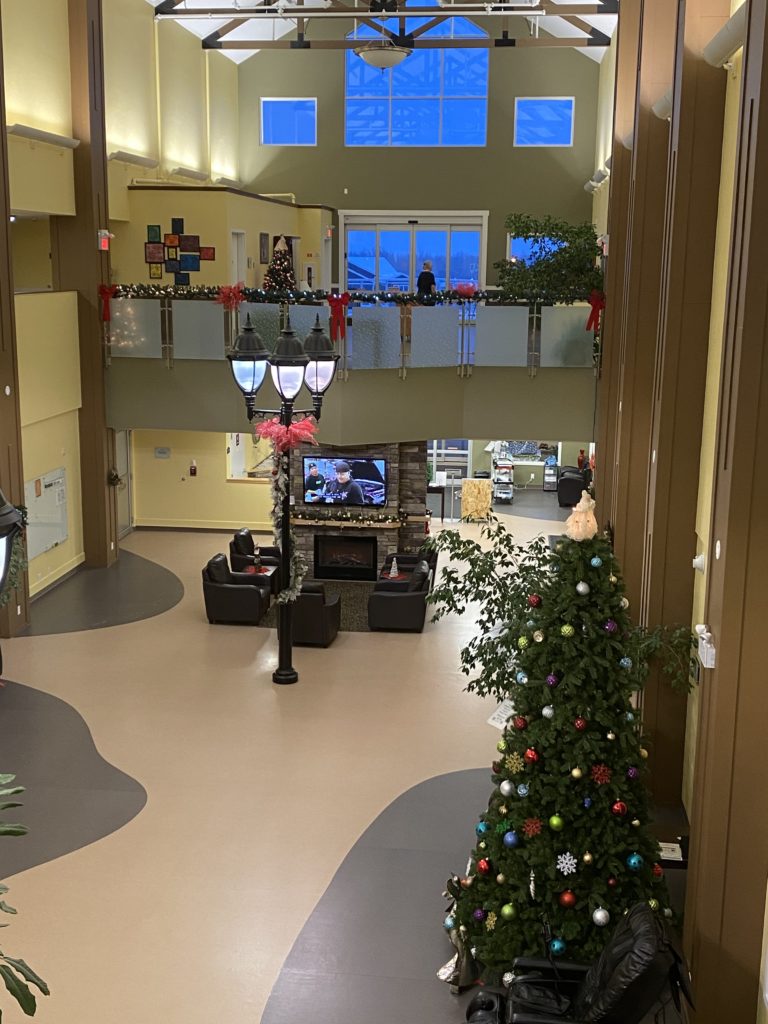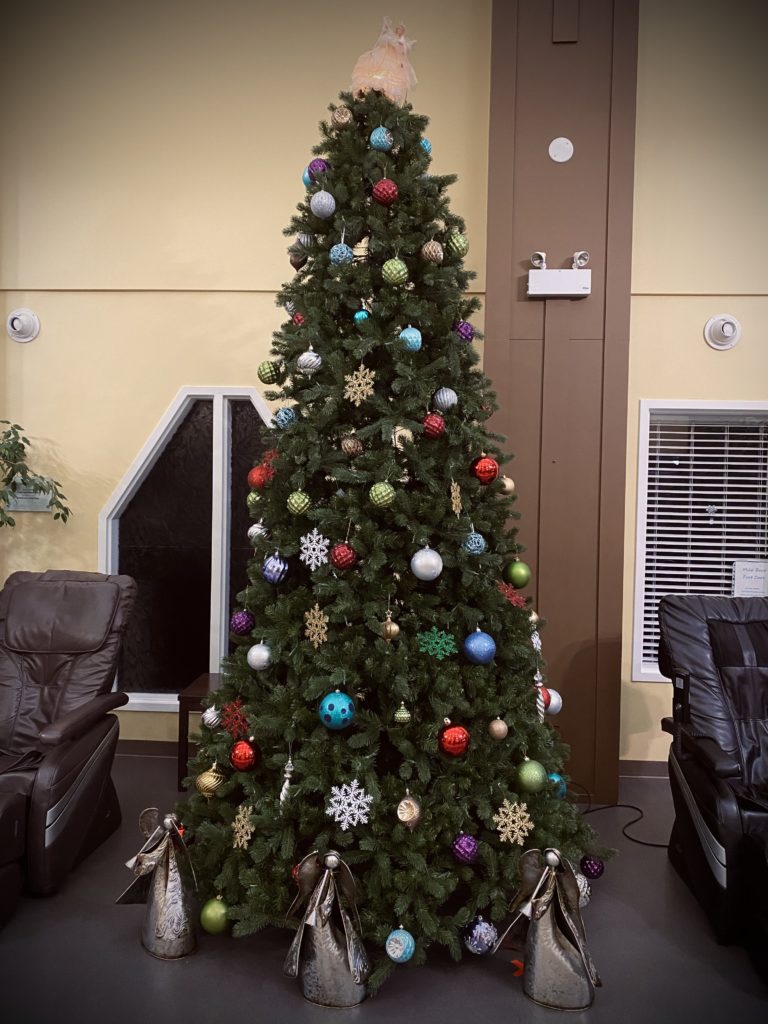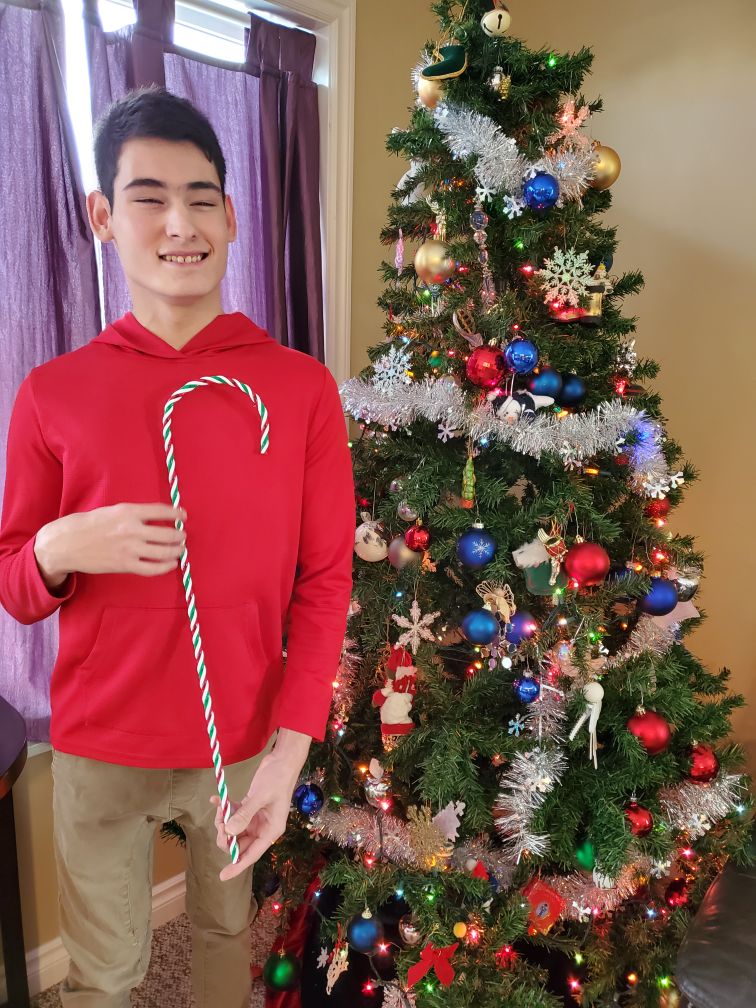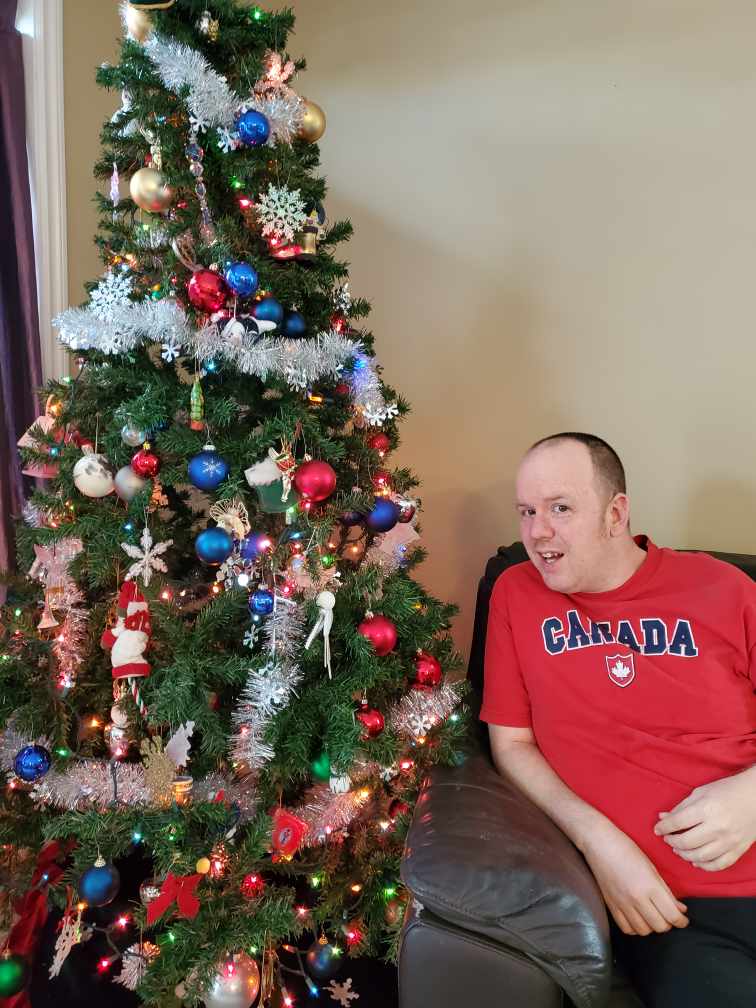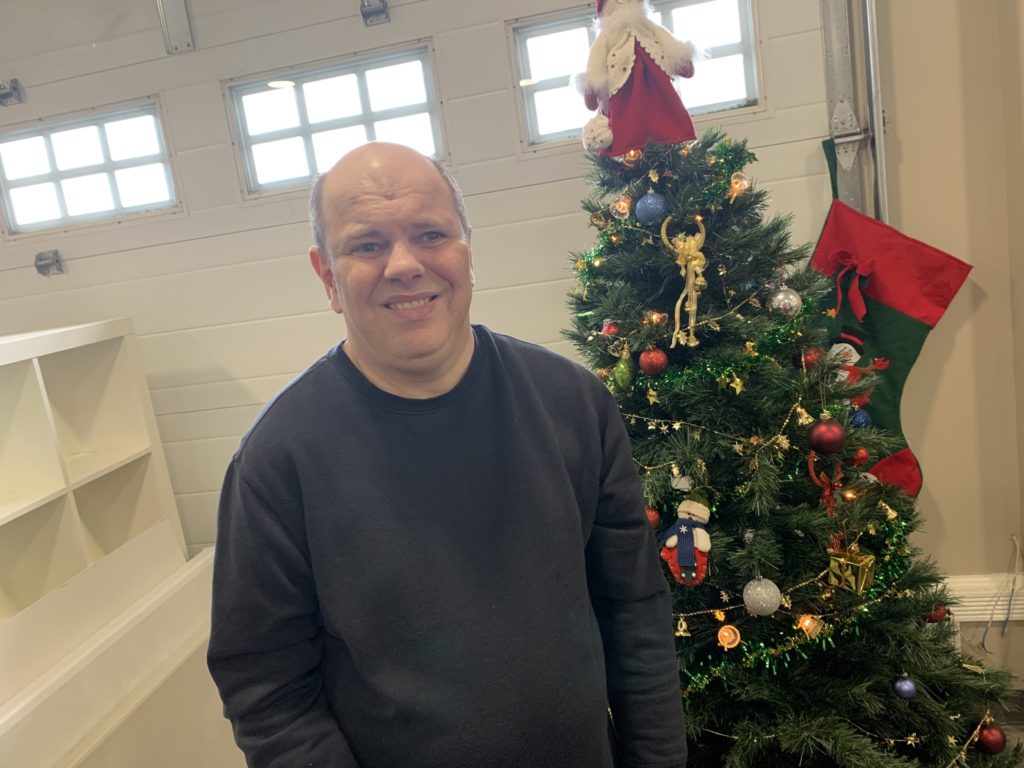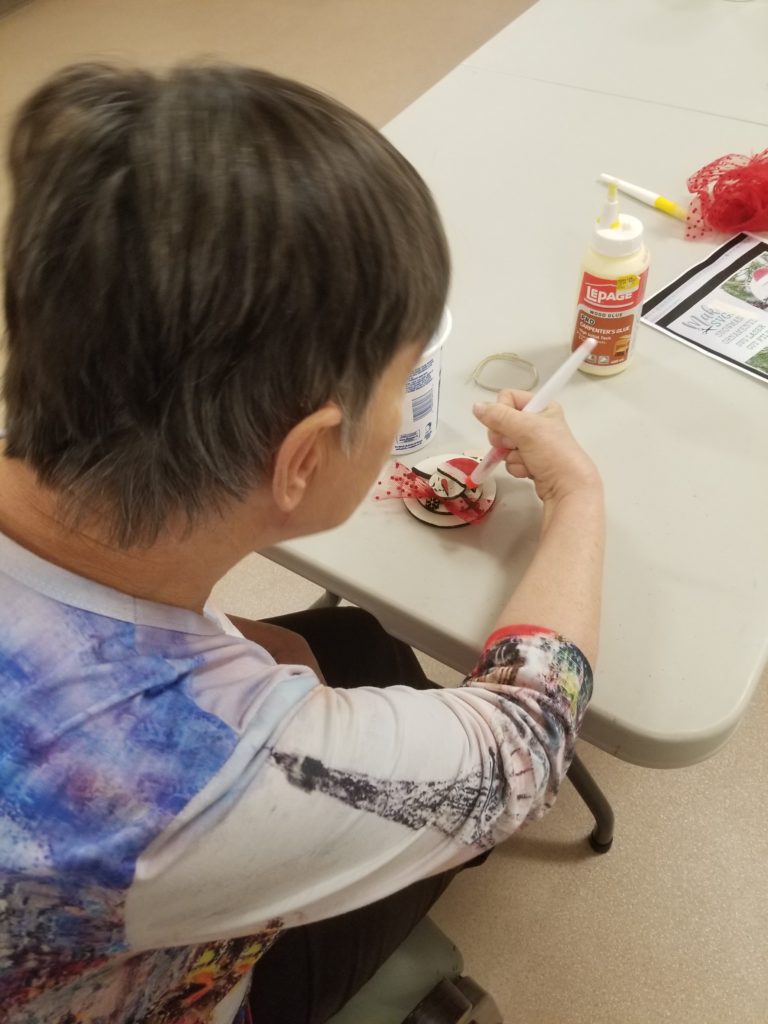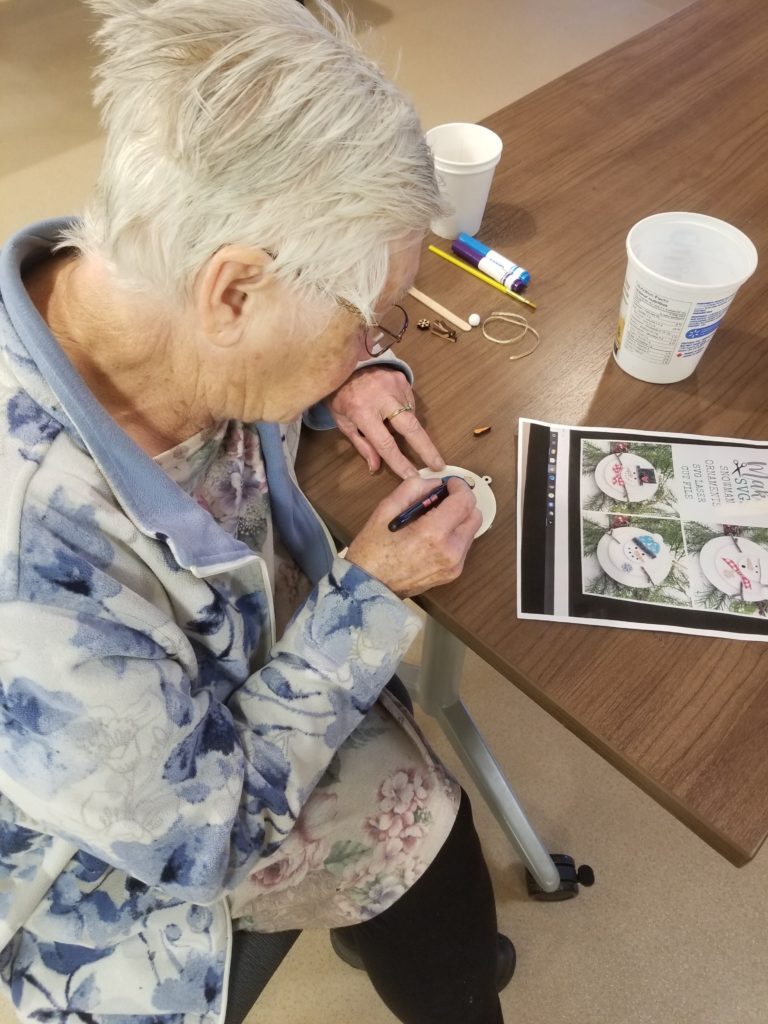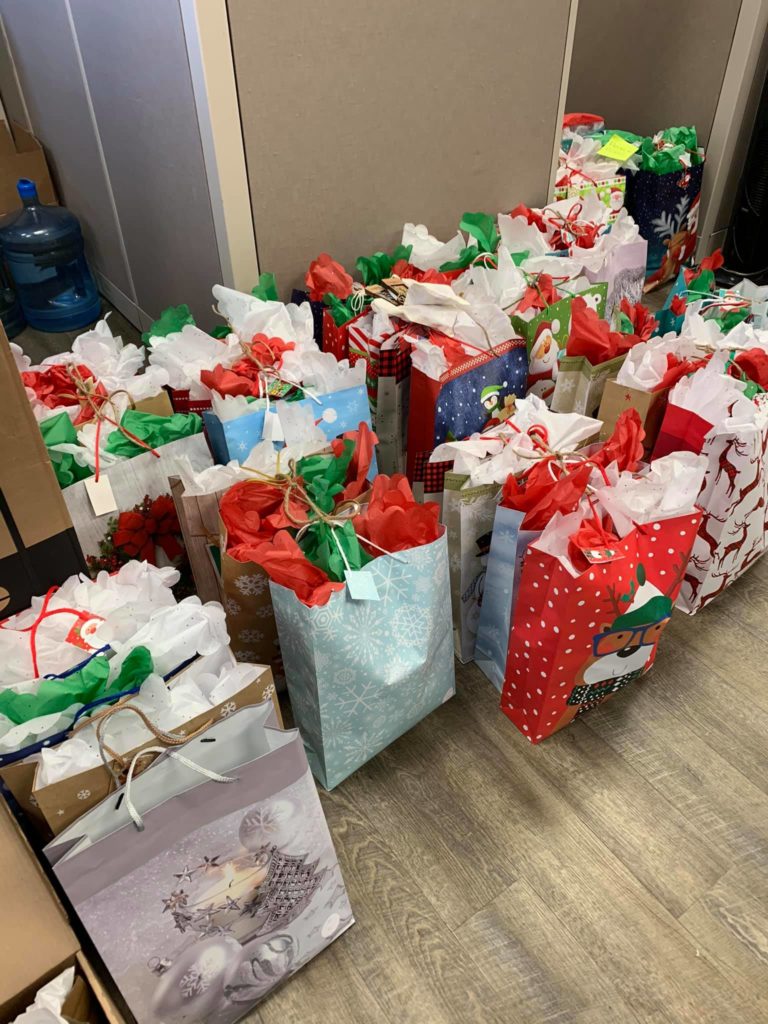SCOPE and Care: Growing Together
As part of Care’s continued strategic growth, we are excited to announce a merger with the Calgary SCOPE Society.
Over the past year and a half, both organizations have been exploring the idea and after consultations guided by a Task Force, both organization’s Boards of Directors have voted in favour of a merger.
Unified Mission and Vision
The common goal is to improve and enhance disability supports while expanding the growth of complex needs secure treatment support in the province. This merger will help build capacity and provide a sustainable path forward.
Both organizations share a commitment to delivering high-quality services and supporting the inclusion of Individuals with complex needs in the community.
What Does That Look Like?
Care will dissolve into SCOPE and will wind up its affairs and transfer all assets to the Calgary SCOPE Society. This transfer is expected to be completed in the fall of this year (2024).
Any Changes to Service or Support?
Currently there is no expectation of changes to staffing or the types of services and supports the individuals receive.
Next Steps
In the next 6 – 9 months, a Task Force composed of Care and SCOPE Board Members and staff representatives will oversee the detailed planning and implementation of the merger. This includes addressing potential barriers and ensuring a smooth transition.
Joining the two organizations will not only strengthen our ability to deliver high quality services but also amplifies our shared commitment to supporting individuals with complex needs. Together we are posed to make a greater impact in our communities, ensuring that everyone we serve receives the best care and opportunities for full citizenship for our clients.
Ryan Geake, CEO of Calgary SCOPE Society
The merger with Calgary SCOPE Society represents a profound opportunity to enhance the quality and reach of our services. Together, we are stronger and more capable of fulfilling our mission to support individuals with complex needs.
Nivin Markose, Executive Director of Care Human Services

By joining forces with SCOPE, we can ensure that our clients receive the best possible care and support to help them lead healthier and more fulfilling lives.
Care Board President, Dan MacNeil
About SCOPE
The Calgary SCOPE Society is a non profit organization that has supported Individuals of all ages with developmental disabilities for over 40 years.
Among the various programming provided, SCOPE supports Complex Needs Individuals requiring Secure Treatment though its Community Support program.
Much like Care, SCOPE is Person-Centred focused and believes that everyone has the right to access support in order to live full lives in the community of their choosing.
You can learn more about SCOPE here.

